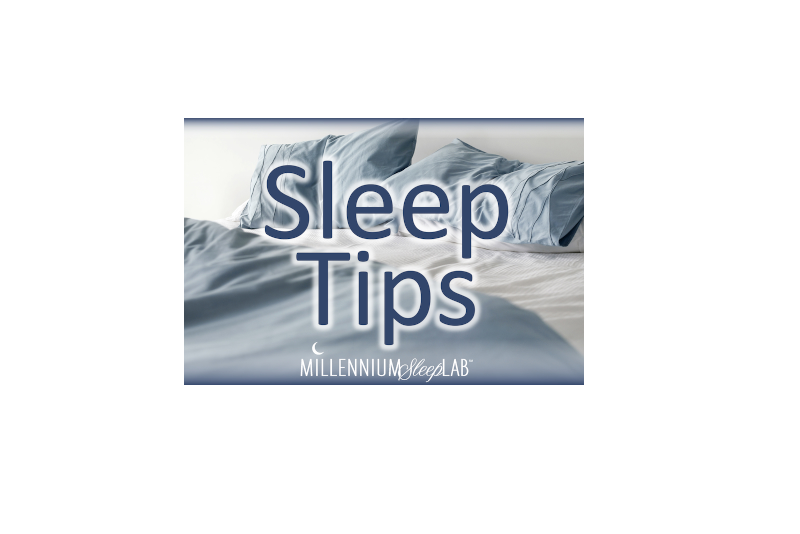Sleeping well is crucial to our health. Getting enough uninterrupted rest at night has been linked to improved concentration and productivity, better sports performance, reduced risk of cardiovascular disease and diabetes, a stronger immune system, and a more stable mood.
All this sounds great, but in real life, sleeping well on a regular basis is not so easy. High stress levels, a sedentary lifestyle, and big dinners make it difficult to rest well at night. According to recent data, half of the adult population in the US claims to feel sleepy during the day, at least 3 days per week.
And it’s not just a matter of being tired every now and then. Sleep disorders affect millions of people all over the world. In the US, nearly a third of adults suffer from insomnia.
Sleep apnea, sleep-walking, restless leg syndrome, narcolepsy, and teeth grinding are widespread conditions that can take a toll on the sufferer’s health. However,
Useful tips to help you sleep better
One of the keys is developing a healthy bedtime routine. Here are some suggestions you may want to try:
- Make a conscious effort to design your bedroom environment
We often make the mistake of not paying much attention to our bedrooms, since we don’t spend much time in them. But making certain changes can go a long way.
– Get the highest-quality pillow, bedding, and mattress you can afford, so you are comfortable.
– Consider moving your bedroom to the quietest part of the house.
– Ensure the bedroom temperature is comfortable. Experts suggest keeping it between 60 and 65°F.
- Pay attention to when and how much you sleep
– Don’t nap for more than 20 minutes or too late in the afternoon.
– Go to bed at the same time every night.
– Determine how many hours you need to function optimally and adjust your schedule gradually.
- Set the mood for good night of solid rest
– Reduce exposure to bright or blue light by not using any electronic devices for at least 30 minutes before bedtime.
– Set those 30 minutes aside to do something relaxing (meditation, reading, listening to calm music, etc.)
– If you can’t achieve a 100% noise-free environment at bedtime, try earplugs, a fan, or a white noise machine.
– Create a pleasant and soothing environment with essential oils.
- Foster good habits during the day
Resting well at night doesn’t only depend on what you do before going to bed. You can also increase the quality of your slumber by:
– Keeping an active lifestyle, but avoid high intensity exercise before bedtime.
– Quitting harmful habits like smoking or drinking excessively.
– Exposing yourself to natural light, which helps regulate the body clock.
– Keeping an eye on your caffeine intake.
– Making sure you eat dinner at a time that allows you to fully digest the meal before bedtime.
– Keeping a journal, which can help detect patterns and adjust your daily routine.
– Asking your doctor about taking melatonin, Valerian root, and other supplements known to induce relaxation and regulate the body clock.
Could you have sleep apnea?
Sleep apnea is a disorder that interferes with the ability to get a good rest at night. This condition can have serious health consequences, but the majority of people who suffer from it are unaware they have the disorder. This is why medical experts recommend getting tested if you suspect you may have this problem.
You may have sleep apnea if you have symptoms like:
– Loud snoring (the kind that keeps your partner awake at night)
– Feeling very tired during the day
– Waking up with a headache
– Waking up with a sore throat
– Waking up with a dry mouth
– Irritability
– Concentration problems
– High blood pressure
These symptoms can also be signs of other conditions, so don’t be tempted to self-diagnose. Instead, book an appointment with a sleep specialist who can reliably diagnose the condition. Millennium Sleep Lab has a team of sleep specialists that can review symptoms via telemedicine and you can test in the comfort of your own home.
Don’t let sleep apnea go undiagnosed and untreated. If you struggle getting good rest at night, contact Millennium to discuss steps you can take to sleep better.
